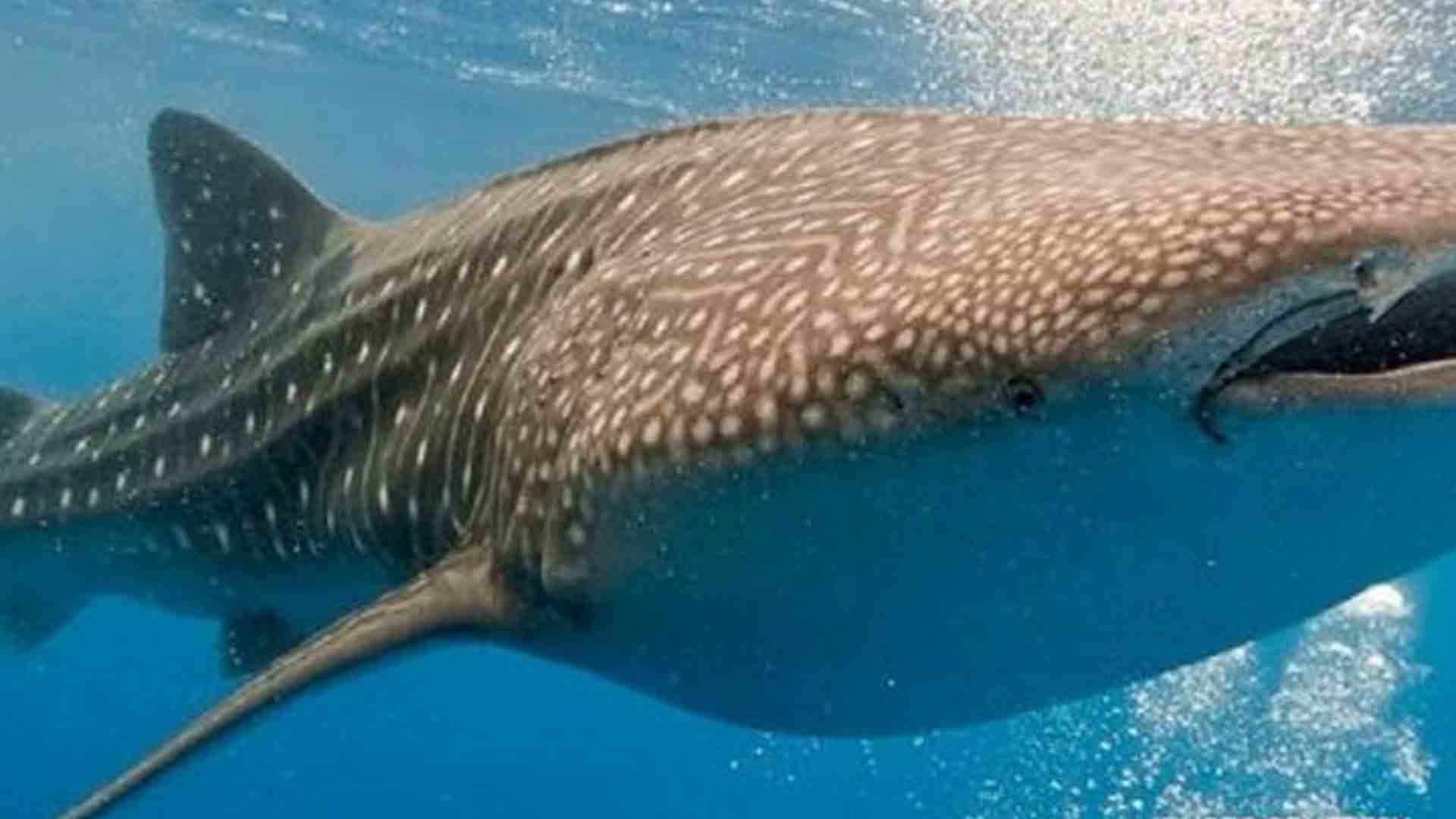The tourism industry in Sorsogon is optimistic about recovering from the economic slump after health authorities downgraded the coronavirus disease (Covid-19) alert status to Level 2, resulting in eased restrictions and the opening of more establishments.
In an interview on Tuesday, Bobby Gigantone, chief of the Sorsogon Provincial Tourism Office (SPTO), said they have reopened the “butanding” or whale shark interaction in Donsol town following a multi-sectoral meeting on the setting up of guidelines and protocols that would ensure the safety of both the tourists and locals.
Under Alert Level 2, indoor establishments are allowed to have a 50-percent capacity while outdoor areas may have a 70-percent capacity.
The tourism industry of Donsol has suffered huge economic losses resulting from the pandemic due to closed establishments and unemployment of hundreds of workers.
Donsol Tourism Office (DTO) data showed the pre-pandemic edition of the Butanding Festival in 2019 generated a total of PHP448 million in gross revenues, of which PHP75 million went to the community, PHP3.5 million went to the local government unit (LGU) coffers, and the rest was spent for national promotions and tourism marketing activities.
The DTO data also showed 13,000 tourist arrivals in the same year.
“With the permanent and temporary closure of tourist establishments such as hotels, resorts, restaurants, hundreds of millions in revenue were lost and hundreds of workers lost their jobs,” Gigantone said.
The town’s whale shark interaction project is a collaborative undertaking between the LGU, the Department of Tourism (DOT), and the World Wide Fund for Nature (WWF) Philippines, a joint commitment for a sustainable and balanced eco-tourism program.
Sorsogon Gov. Francis Escudero, in a statement, said the reopening of the tourism sites would help the industry and community, particularly its workers to bounce back from the slump.
He said the province will soon also open other tourist destinations including the Bulusan Natural Park.
Meanwhile, Herbie Aguas, DOT regional director, in a phone interview, said the pandemic has hurt the tourism industry in the region for the past two years, with PHP10 billion in revenues already lost.
“It will take two to three years for the industry to gradually recover and for the government to pour in fiscal stimulus to assist in the recovery plan,” Aguas said.
He also said the pandemic taught some industry stakeholders to find alternative sources of income such as engaging in agri-tourism.
Bicol currently has 16 farm sites that feature agricultural products, research developments, farm exhibits, and farmers’ training.
Among the sites opened for tours are the Hibiscus Trekker’s Camp in Tigaon town, Inarihan Farm Resort in Naga City, LRV-Agri Science Far in Calabanga, MikeLiz Integrated Farm also in Calabanga, Sonrisa Farm in Magarao, AO Techno Science Park @ OADP at the Central Bicol State University of Agriculture in Pili, all in Camarines Sur.
In Albay, opened were the Aguas Farm in Sto. Domingo, Albay Farmer’s Bounty Village, Elmiro De Shei Integrated Farm, and Solong Eco Park and Tours, all in Camalig; and Villa Miranda Farm and Resorts in Libon.
In Sorsogon, now open to visitors are the Balay Buhay sa Uma Bee Farm in Bulusan and Barcelona Agrihope Tourism Farm in Barcelona.
In Masbate, opened were the Casa Eduardo Agri-farm Resort in Claveria, and Uma Koinonia in Masbate City.
In Camarines Norte, on the other hand, JSMS Organic Farm and Agribusiness in Jose Panganiban have been allowed to accept visitors. (PNA)







